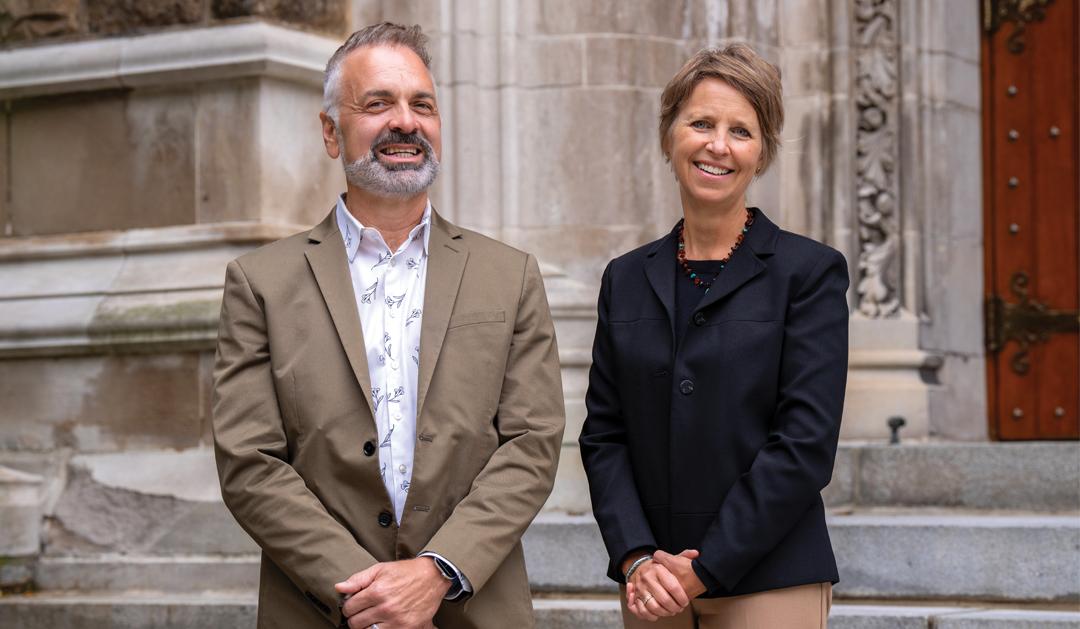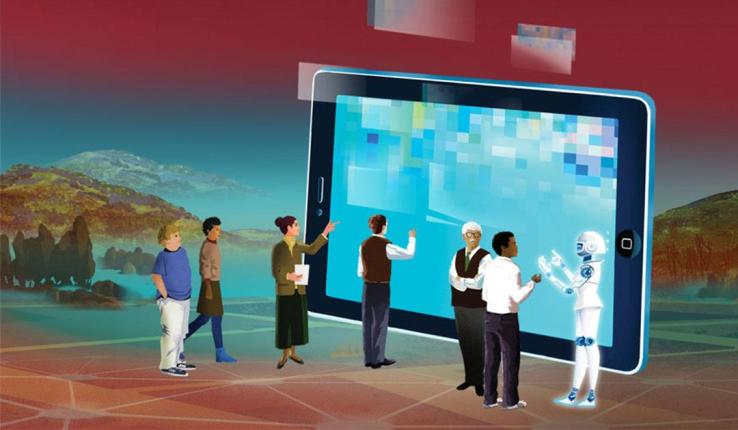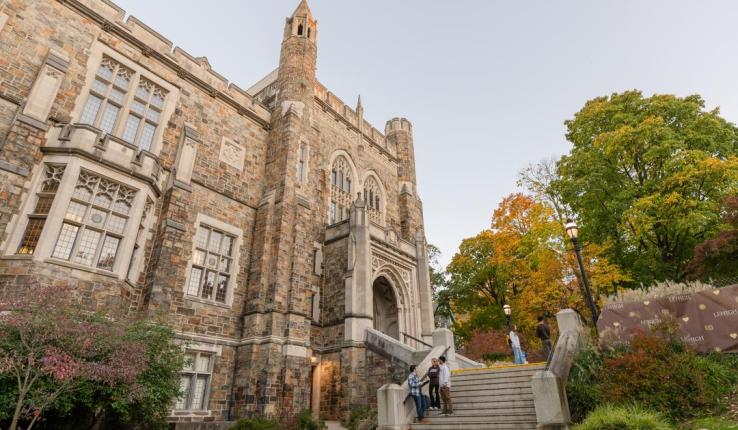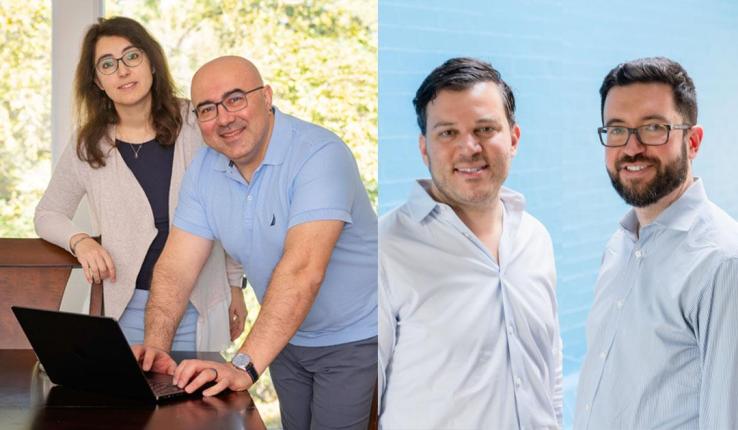Robin Hojnoski, a faculty member within the College of Education for 17 years, has been named the college’s new acting dean. Most recently the associate dean of graduate education and a professor in the School Psychology Program, Hojnoski’s role is a temporary, two-year appointment, one that she’s excited to undertake.
“Having spent almost two decades here, I really understand the College of Education. I know the faculty and the high-quality work we have here. I see my two-year appointment as an opportunity to build on those strengths while growing in new directions, like bolstering our research-to-practice pipeline, building on our history of supporting students with behavioral challenges and learning disabilities, and enhancing our enrollment numbers,” said Hojnoski, whose extensive research background primarily focuses on the application of school psychology principles and practices to early education. “I’m excited to be able to work with my colleagues, both faculty and staff, to move the College of Education in those directions.”
Hojnoski is filling in for Bill Gaudelli, who is taking a two-year sabbatical as dean of the College of Education, to focus on university-wide projects to enhance adoption of innovative educational approaches as senior vice provost for educational innovation and assessment.
Hojnoski’s Plans
While Hojnoski’s tenure is temporary, she sees it as an opportunity to get strategic on measurable outcomes that will strengthen long-term goals.
“I know I have two years, so I’m focused on asking, ‘What are the short-term goals I’m going to create in service of the longer-term goals?’ For example, I know a long-term goal is to significantly raise graduate enrollment numbers, so, in the short term, I’m going to really focus on building the college’s visibility and connecting our work more tightly to the communities we serve,” she said.
Hojnoski plans to prioritize ensuring that the research the college produces reaches the hands of educators on the ground, enhancing how the college supports students with emotional behavioral disorders, and engaging with communities to confirm the college’s work is having the intended impact.
As she begins her tenure, Hojnoski said she’s most enjoying interacting more with the broader university.
“I’m gaining a better understanding of how our university works and seeing all the amazing things happening in other colleges,” she said. “That exposure inspires me to look for more opportunities for interdisciplinary work and synergy across the colleges. I’m delighted to be understanding, in a different way, how the College of Education fits into the larger Lehigh University picture—all to better advance the mission of both the college and the university as a whole.”
Story by Katelyn Silva





